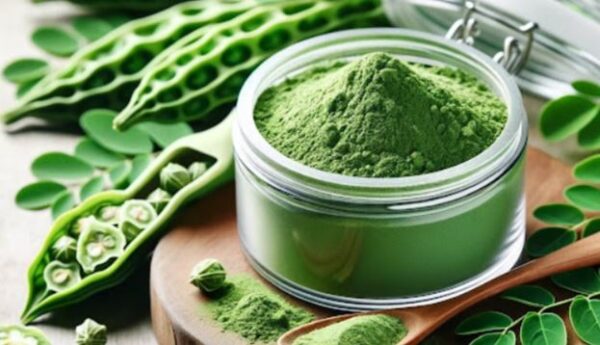Lifestyle
10 things to try when acne won’t clear

Do you feel you’ve tried just about everything to get rid of your acne but still see blemishes? Don’t despair.
To see clearer skin, you probably just need to make some changes. The following tips from dermatologists can help you get started.
Read on to know…
1. Give an acne treatment at least 4 weeks to work
Using a new acne product every few days may seem useful, but that approach can worsen acne. Acne treatment needs time to work. Using a different product every few days can also irritate your skin, causing new breakouts.
If a treatment works for you, you should notice some improvement in 4 to 6 weeks. It can take two to three months or longer to see clearing. If you notice improvement, keep using the treatment. Even when you see clearing, you’ll want to keep using the acne treatment. This helps to prevent new breakouts.
2. Attack the different causes of acne
If you don’t see improvement after 4 to 6 weeks, add a second acne product to your treatment plan. This approach can help attack the different causes of acne. Bacteria, clogged pores, oil, and inflammation can all cause acne.
Of course, the second treatment should attack a different cause of acne. For example, if you are using an acne treatment that contains benzoyl peroxide, the second acne treatment should contain another acne-fighting ingredient. To help you select another product, here’s what the different active ingredients work on:
- Benzoyl peroxide decreases P. acnes bacteria
- Retinoids, such as adapalene gel, unclog pores and reduce oiliness
- Salicylic acid eases inflammation and unclogs pores
You can buy acne treatment that contains any one of these ingredients online or at a store. You don’t need a prescription. Try 1 or 2 products, and give them time to work. Trying too many products can stress your skin, worsening acne.
3. Follow directions
While using an acne treatment can seem pretty straightforward, how much you use and how often you use it can make a huge difference. Be sure to follow the directions. If a dermatologist created your treatment plan, follow your doctor’s instructions and use everything your dermatologist included in the treatment plan. Using only some of the acne treatment that your dermatologist prescribes could be the reason you still have acne.
4. Wash your face twice a day and after sweating
Acne-prone skin is sensitive. Washing more than twice a day can irritate your skin, making acne worse. For best results, dermatologists recommend washing your face when you:
- Wake up
- Are ready to go to bed
- Have a sweaty face
5. Stop scrubbing your face and other acne-prone skin
If your skin feels greasy, dirty, or grimy, you may be tempted to scrub it clean. Don’t! Scrubbing can irritate acne-prone skin, which worsens acne.
6. Use skin care products and cosmetics that don’t cause acne
These products are labeled. On the package, you may see one of the following:
- Won’t clog pores
- Non-comedogenic
- Non-acnegenic
- Oil free
Because some of these skin care products may still cause acne in a few people, you may need to try different products before you find ones that don’t cause you to breakout.
7. Resist touching, picking, and popping your acne
Popping a pimple may seem like the fastest way to clear it, but popping it can actually make things worse. Every time you touch, pick, or pop, you can worsen acne.
8. Spread acne medication on all acne-prone skin, not just your blemishes
Applying a thin layer on your acne-prone skin helps treat existing acne and prevent new breakouts.
9. Wash your pillowcases, hats, and other things that touch your acne-prone skin
Dead skin cells, bacteria, and dirt will build up on these surfaces, which can clog your pores. Washing what touches your acne-prone skin can prevent this. Changing your sheets every week and your pillowcase two or three times a week can make a difference.
10. Enlist a dermatologist’s help
If you still have acne after trying these tips—or you have acne cysts or nodules (deep blemishes that leave scars when they clear)—a dermatologist can help.










